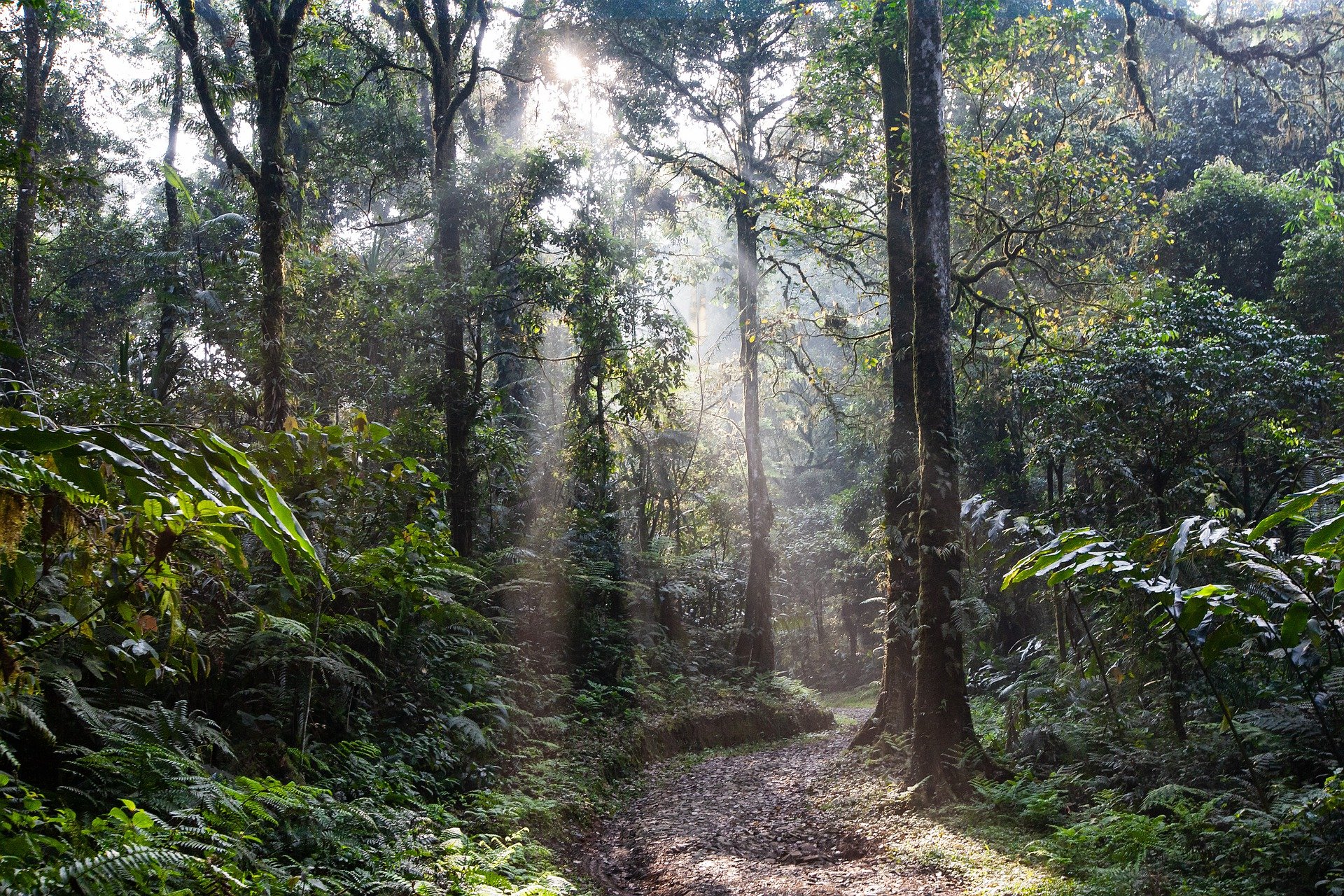Briefly analysed
We don’t necessarily have to cancel projects that are actually planned in presence. It’s better to shift them to the digital realm in an innovative and creative way. That’s what happened with the Sustainable Futures Academy last November. Professionals and students came together. They helped each other and created an exhibition together. A film was also made about the process. Katrin Gildner of the podcast didn’t cancel; went digital interviewed Alina Loth and Anna Ross. The two organized the academy and told Katrin about their learnings. One of them is to have more time in advance.
Digitality With a little imagination, great projects also work in the digital realm! Instead of canceling the Sustainable Futures Academy because of Corona, Alina Loth and Anna Ross decided to go digital. They talked to Katrin Gildner about how they organized it and what tips they have in the podcast didn’t cancel; went digital.
“Within minutes, I forgot I was hanging out in front of Zoom,” told Alina Loth from the Berlin Schoolf of Public Engagement and Open Science in the podcast didn’t cancel; went digital. That was largely due to the enthusiasm of the participants. Together with Anna Ross from grasshopper kreative she brought together professionals from academia and the creative sector, as well as students. In the Sustainable Futures Academy everyone worked on the topic of sustainability. What the end result would be was not clear at the beginning.
Enthusiasm brings commitment
The journey was the goal. Alina and Anna gave the participants the space to contribute and develop themselves. They received the necessary support from professionals. Each individual helped with his or her expertise and was valuable for the group. “People invested a lot of time because they were burning for it,” explained Anna. The result is a digital exhibition, a film that reflects on the process, and a network and collaborations that live on.
In fact the creative outputs were almost secondary. For Alina and Anna, it was much more important that the project showed them that courage and the approach of “being open to new things” brings participants much more than setting goals. That involves a certain amount of risk. Of course, the professionals and students had to get involved. At the beginning, they knew just as little as Anna and Alina did where the Academy would take them. Mutual trust was necessary. The willingness for exchange and the common will to make a difference motivated people. Alina and Anna are sure that people will carry on the esprit of the academy. “Once they’ve had the experience, they see it working,” said Anna. In other words, redesigning formats without specifying concrete goals beforehand.
Participants need security
The two see the opportunities of digitization in connecting people from all over the world. That’s no easy task. When Alina thought back on what she would do differently, it occurs to her: In addition to more time in the run-up, she would have liked to reflect on her ideas with the participants in advance. Giving the participants the necessary security is important for Anna in a project like this. Otherwise, they might not dare to work independently in the end. In any case, the Sustainable Futures Academy was an inspiration for Anna and Alina for other projects. They are already looking forward to designing similar projects.
Info – Dind’t cancel; went digital
With thie podcast didn’t cancel; went digital Katrin Gildner wants to encourage people not to simply cancel their events if they can’t take place in presence. Digitalization offers many opportunities to make projects attractive. People talk about their experiences and share their knowledge in the podcast. Anyone who would like to tell about their own digital project is welcome to contact Katrin.
Info – Sustainable Futures Academy
The Sustainable Futures Academy (SFA) is a joint project between the University of Cambridge, the Berlin School of Public Engagement and Open Science, the Museum für Naturkunde and Humboldt Universität zu Berlin.
 Photo: Kanenori
Photo: Kanenori